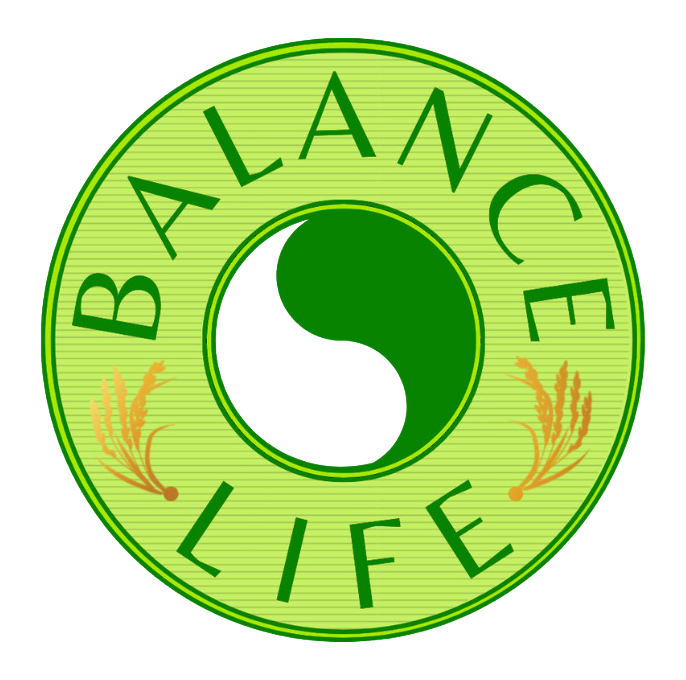- Home|
Promoting circular economy in agriculture: Many problems need to be solved at the same time
In our country, the circular economy models in agriculture are still small, fragmented, not really methodical... To promote the development of circular economy in agriculture, there are many problems that need to be solved together. at the time. Including the State's introduction of incentive mechanisms and policies; at the same time, must pay attention to the planning, production process...

Effective but still difficult
Circular economy in agricultural production is a closed production process, waste and waste of this production process will be the input of the next production process. This will save production costs, reduce post-harvest losses, and create safe and high-quality products. This is an inevitable trend of modern agriculture, which has been implemented in many provinces and cities, although the level of efficiency is still not as expected.
Ms. Bui Thi Hong Ha - Head of Microbiology Department of the Center for Organic Agriculture (Vietnam Academy of Agriculture) informed that the center has implemented a model of linking chicken and vegetables in Thai Binh province. Thanks to the application of microbiological technologies in livestock waste treatment, this farm has improved product quality; increase productivity up to 40% compared to the old production method.
And Ms. Nguyen Thi Thu Thoan - Director of Thu Thoan Microbial Chicken Cooperative, Minh Phu Commune (Soc Son District, Hanoi) shared, the cooperative is implementing a circular breeding model, including using biological padding for barns from livestock waste. Every year, the farm provides the market with 70 tons of microbial organic fertilizer. In addition, thanks to closed and circular breeding, chickens are less susceptible to diseases, ensuring food safety...
Assessing the effectiveness of the circular economy, Deputy Director of Hanoi Department of Agriculture and Rural Development Ta Van Tuong said that circular economy models in agriculture have brought high economic efficiency to a number of cooperatives and businesses. industry in the city. However, these models are still small, production costs are high, and the linkage of products in the circular economy is limited, so not many agricultural products from these models have been put into channels. modern distribution.
Also on this issue, Deputy Director of the Department of Science, Technology and Environment (Ministry of Agriculture and Rural Development) Nguyen Giang Thu said that the application of science and technology in the circular economy is still limited; The connection between organizations, universities and businesses on this issue is still loose...
Formulate preferential policies
In order for the circular economy to really promote its effectiveness and be replicated in localities, Chairman of the Vietnam Circular Agriculture Association Nguyen Hong Lam said that functional sectors need to step up propaganda so that people can see clearly. benefits of the circular economy, both economic and environmental.
Deputy Director of Hanoi Department of Agriculture and Rural Development Ta Van Tuong said that in order to remove difficulties for the circular economy, Hanoi Department of Agriculture and Rural Development is connecting with businesses to pilot the circular economy model in the livestock sector. rearing for cultivation, creating a closed cycle in Ba Vi district. Currently, businesses are surveying the reality, working with local authorities, and developing specific plans for implementation in the near future. On that basis, the evaluation and study of the possibility of replication to other localities in Hanoi will be organized.
Regarding this issue, Director of the Institute of Agricultural Development Strategy and Policy Vietnam (MARD) Tran Cong Thang said that in order to effectively implement the project of circular economy development in Vietnam has been established. The Prime Minister approved in Decision No. 687/QD-TTg dated June 7, 2022, that ministries and branches need to develop mechanisms and policies to encourage circular economy. Specifically: Capital incentives, land lease policy for agricultural enterprises applying high technology to apply this model, forming concentrated production areas of raw materials; strengthen international cooperation in scientific research and application of circular technology transfer, technology in agricultural waste treatment to support circular economy in agriculture for high economic efficiency.
“In particular, localities need to pay attention right from the planning stage, production process, and product creation to strengthen the connection of the circular production chain. On the other hand, localities need to summarize and evaluate the circular agricultural models that have been implemented in the country, thereby, developing the criteria of the circular economy in agriculture. Importantly, in order for the circular economy models to come to life, it is necessary to add the criteria for the development of the circular economy model to the new set of Rural Criteria. Only then can we create clean, safe, environmentally friendly agricultural products that are adaptable to climate change ... ", Mr. Tran Cong Thang emphasized.
According to Ngoc Quynh - HNM
Related Posts

-
30-05-2024 742
40% of Mekong Delta production value can be protected by index insurance
The research report 'Weather-resilient agriculture in the Mekong Delta' (Mekong Delta) was released by the Australian Department of Foreign Affairs and Trade (DFAT), Hillridge and MSIG Vietnam on the afternoon of May 28.

-
31-05-2023 1,226
Applying "green solutions" in agriculture
(HNM) On the morning of May 30, in Hanoi, the Hanoi Union of Science and Technology Associations in collaboration with the Capital Women's Intellectuals Association held a seminar on "Green agriculture, orientation for Hanoi's agriculture and responsible of the Capital's intellectuals".

-
20-11-2022 1,472
Nongnghiep.vn: Bringing agricultural products in the Mekong Delta to a digital platform
More than 100 agricultural cooperatives (cooperatives) in the Mekong Delta region are supported to put agricultural products on a digital platform, promoting consumption in a short time.


